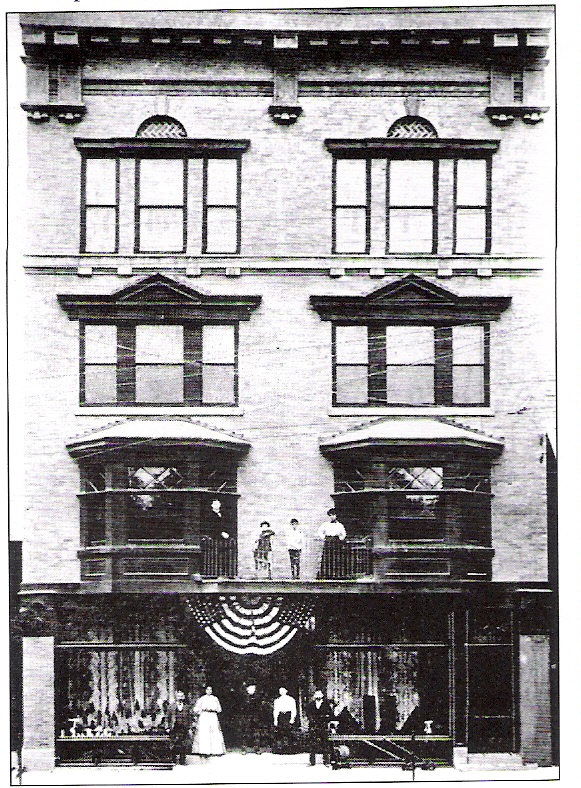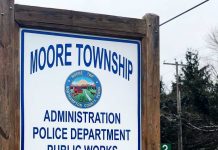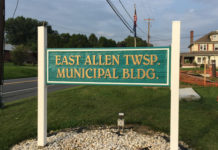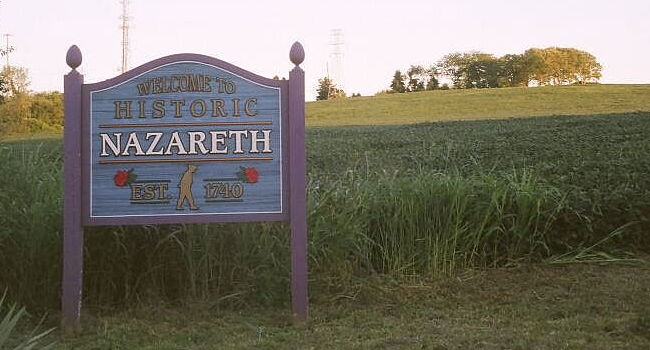by Larry Oberly and Ed Pany
The Cement News informed their readers on the dangers of the Spanish Flu.
The government war exhibition train scheduled for Northampton to raise bond money for the World War was canceled after the train was shut down in Sunbury, due to quarantine regulations of Pennsylvania.

The symptoms of Spanish Flu were printed in the local Cement News so that all were made aware. They included: Sudden onset of symptoms, fever of 101-104, chills, widely distributed pain, pneumonia and nephritis. Mild cases lasted three to seven days. The largest portion of cases were severe. Persons were told to immediately practice in the ways of personal and domestic hygiene, secure fresh wholesome food of considerable variety, keep in the fresh air day and night as much as possible and avoid spending time in crowded places of entertainment.
When dealing with patients, doctors and nurses and all attendants were advised to shield their faces with a gauze or towel, use plenty of soap and water to clean the hands and all bed linens and utensils should be disinfected by boiling in water.
By the end of October, some doctors were recommending a therapy of 30 grams of Aspirin, which had been discovered by the Bayer Company in 1899. No other vaccines had ever been developed. The problem here, which we know today, is that aspirin in doses of greater than four grams per day is toxic as it creates pulmonary edema (pneumonia). Many died of an overdose of aspirin.
By the end of October doctors were hard pressed to keep up. Cases were rising quickly in Northampton. Absences from school were high; some from infection, others on account of infection in the family while still others were kept home by parents hoping to keep their children from getting sick. Everyone was urged to observe the rules and respond to their duty, for their own interests and that of the community.
The quarantine begins in two weeks.








